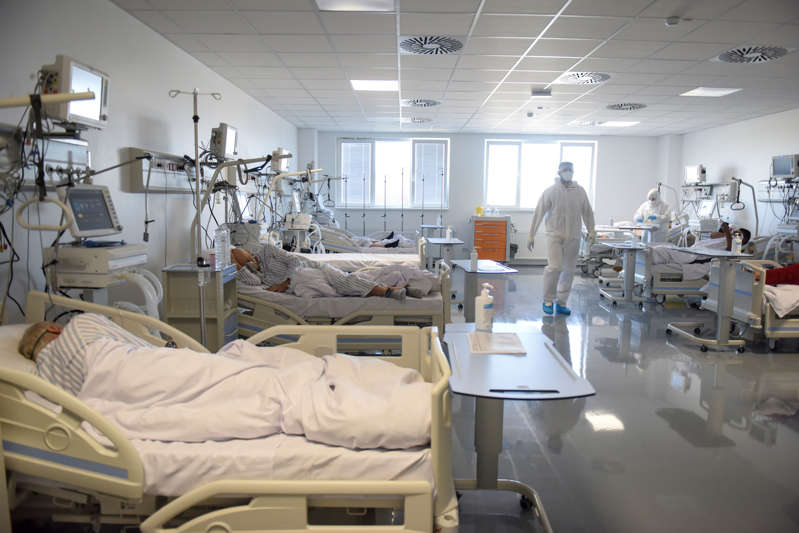Researchers from Germany and the United States have found that patients hospitalized with coronavirus infection have an increased level of production of autoantibodies – antibodies that act against human tissue and are precursors of autoimmune diseases. According to scientists, whose article was published in the journal Nature Communications, this is one of the reasons for the severe course of COVID-19 in some patients.
Specialists from the Universities of Marburg, Pennsylvania and Stanford studied blood samples collected from March to April 2020 from 147 patients. The researchers measured the level of antibodies produced against the virus, autoantibodies and autoantibodies against cytokines – signaling molecules produced by cells of the immune system.
More than 60 percent of those hospitalized with COVID-19 were diagnosed with anti-cytokine autoantibodies – in the control group, this figure was 15 percent. According to the researchers, the cause of this may be an overload of the immune system with a virulent infection. In addition, the formation of autoantibodies can occur as a result of exposure to viral proteins, which resemble the own proteins of the body of a seriously ill patient.
For about 50 percent of patients, blood samples were and are available taken on different days, including the first day of hospitalization, which made it possible to analyze the dynamics of antibody production. “In the week after hospitalization, about 20 percent of patients developed new antibodies to their own tissues,” – said one of the researchers, professor at the Stanford School of Medicine Paul Utz. According to the scientist, the level of autoantibodies was comparable to that of autoimmune diseases.
The researchers note that their discovery emphasizes the need for vaccination – in which the immune system is exposed to only one S-protein of the virus, and the possibility of errors in the development of an immune response is reduced to zero.

